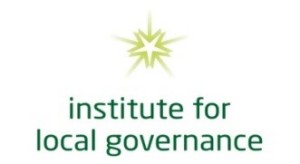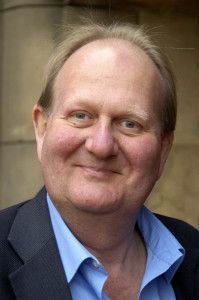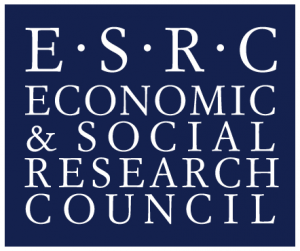Growing the Civic Core: How to get new people to commit to regularised voluntary social action in an age of austerity in North East England
A seminar organised by the Institute for Local Governance
Bewicks Seminar Room, Gateshead Civic Centre Friday 15 April 2016, 9.30 – 1.00
 For many years, voluntary social action has been lauded by governments around the Western world. In the UK, the desire to help build sustainable communities by promoting volunteering resulted in much investment by successive Labour governments. In recent years much less government money has been made available to support volunteering. And yet, in these very different fiscal and policy environments, the ‘civic core’ remained at much the same size and continued to include the same kinds of people.
For many years, voluntary social action has been lauded by governments around the Western world. In the UK, the desire to help build sustainable communities by promoting volunteering resulted in much investment by successive Labour governments. In recent years much less government money has been made available to support volunteering. And yet, in these very different fiscal and policy environments, the ‘civic core’ remained at much the same size and continued to include the same kinds of people.
Growing the civic core demands that new people, who have not traditionally trodden the path towards regular voluntary social action, commit time to benefit their communities. This seminar asks, how can the public sector, voluntary sector and private sector contribute in complementary ways to cement people’s commitment to voluntary action.
While there is much less money around now for the local public sector to invest directly in the promotion of volunteering, this has not diminished policy makers’ enthusiasm for encouraging people to do so. Furthermore, with local authorities drawing back from service delivery in a number of areas such as libraries, leisure facilities and community centres, voluntary support can provide one means to fill gaps in provision.
In pursuing this approach there are several legal, institutional, cultural, political and financial issues which need to be addressed. Drawing on the experience of voluntary, private and public sector stakeholders, academic research and a series of case studies on innovative practice – the seminar will explore how to break down entry barriers to the civic core and consider the potential opportunities to strengthen commitment to voluntary social action in existing and new areas of community life.
Speakers at the seminar will include: John Craggs, Chief Executive, Gentoo; Sarah Gorman, Project Director, Edbert’s House, Gateshead; Katie Hyson, Thought Leadership, Learning & Innovation Group, Barclays Bank; Julian Batson, Barclays Bank; Lindsay Murray, Service Director for Culture, Communities, Leisure and Volunteering, Gateshead Council. The seminar will be chaired by Professor Tony Chapman, St Chad’s College, Durham University.
The seminar is free to attend, but places are limited and they tend to book up quickly, so please register your attendance via: Janet Atkinson, Institute for Local Governance, Durham University janet.atkinson@durham.ac.uk.
The Institute for Local Governance is a North East Research and Knowledge Exchange Partnership established in 2009 comprising the North East region’s Universities, Local Authorities, Police and Fire and Rescue Services. Further information about the content of the event can be obtained by contacting:- tony.chapman@durham.ac.uk or john.mawson@durham.ac.uk.
Presentations from the seminar can be downloaded here: John Craggs from Gentoo – Growing the Civic CoreBarclays – Building the civic core Lindsay Murray Sarah Gorman Tony Chapman



 Tony Chapman, Professorial Fellow at St Chads, spoke to researchers in the School of Applied Social Sciences at Durham University on 3rd February on how to harness ideas and findings to shape the way policy makers make decisions. It was argued that while social scientific research was undertaken rigorously, it invariably stems from a position of ‘interest’, so there is always a risk of the accusation of bias. Consequently, researchers have to be particularly careful about how they present their findings to people of influence.
Tony Chapman, Professorial Fellow at St Chads, spoke to researchers in the School of Applied Social Sciences at Durham University on 3rd February on how to harness ideas and findings to shape the way policy makers make decisions. It was argued that while social scientific research was undertaken rigorously, it invariably stems from a position of ‘interest’, so there is always a risk of the accusation of bias. Consequently, researchers have to be particularly careful about how they present their findings to people of influence.

